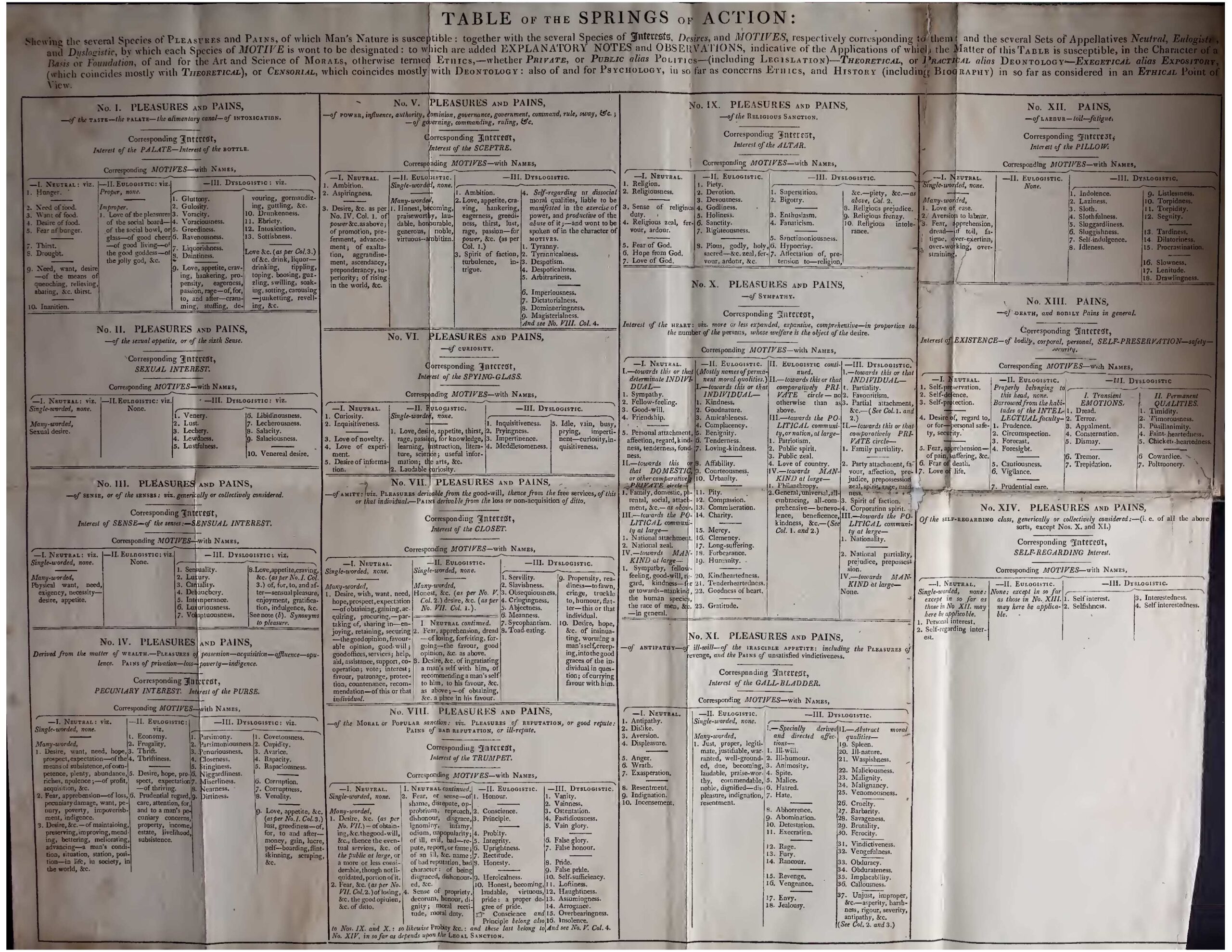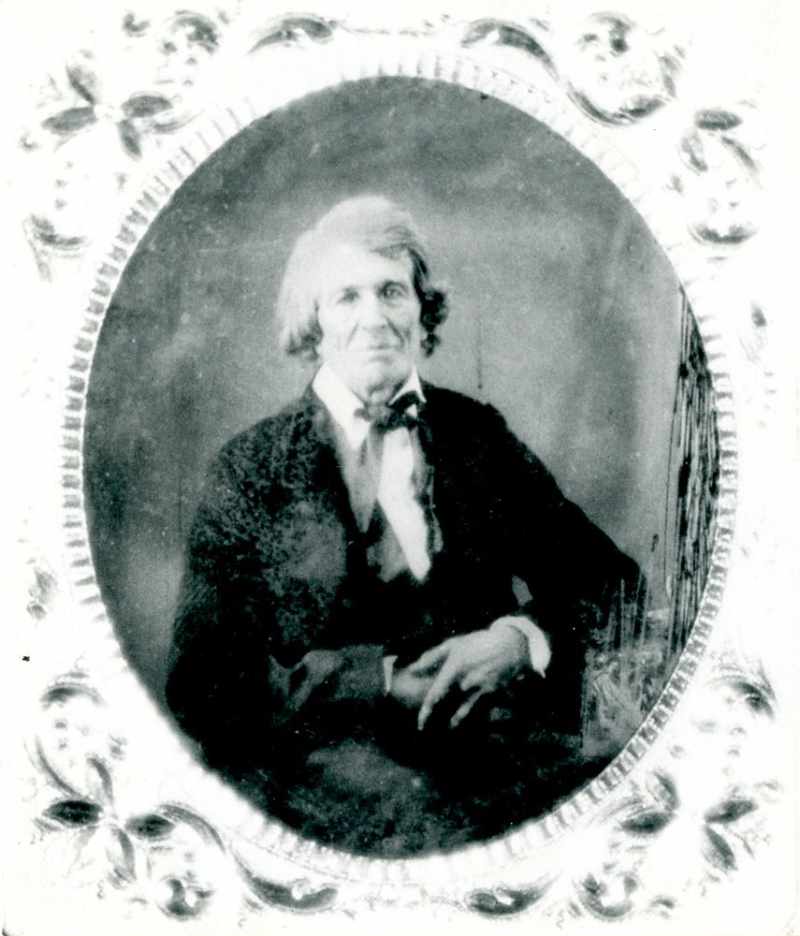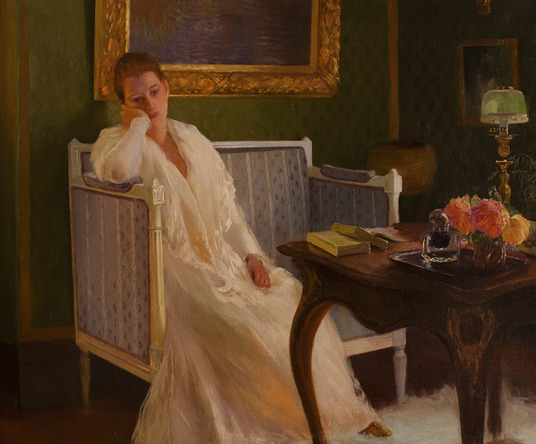The humorous will of Dr. Dunlop of Upper Canada is worth recording, though there is a spice of malice in every bequest it contains.
To his five sisters he left the following bequests:
‘To my eldest sister Joan, my five-acre field, to console her for being married to a man she is obliged to henpeck.
‘To my second sister Sally, the cottage that stands beyond the said field with its garden, because as no one is likely to marry her it will be large enough to lodge her.
‘To my third sister Kate, the family Bible, recommending her to learn as much of its spirit as she already knows of its letter, that she may become a better Christian.
‘To my fourth sister Mary, my grandmother’s silver snuff-box, that she may not be ashamed to take snuff before company.
‘To my fifth sister, Lydia, my silver drinking-cup, for reasons known to herself.
‘To my brother Ben, my books, that he may learn to read with them.
‘To my brother James, my big silver watch, that he may know the hour at which men ought to rise from their beds.
‘To my brother-in-law Jack, a punch-bowl, because he will do credit to it.
‘To my brother-in-law Christopher, my best pipe, out of gratitude that he married my sister Maggie whom no man of taste would have taken.
‘To my friend John Caddell, a silver teapot, that, being afflicted with a slatternly wife, he may therefrom drink tea to his comfort.’
While ‘old John’s’ eldest son was made legatee of a silver tankard, which the testator objected to leave to old John himself, lest he should commit the sacrilege of melting it down to make temperance medals.





